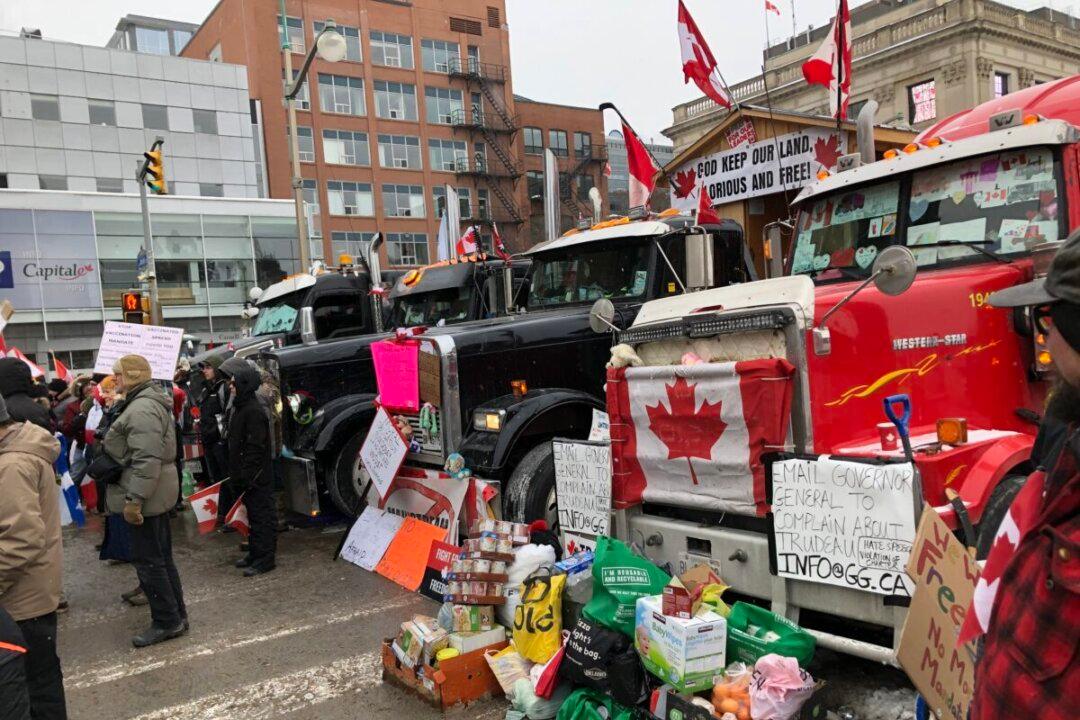Procuring tow trucks to clear the Freedom Convoy protest was the most important measure that was implemented through the invocation of the Emergencies Act, Ottawa Mayor Jim Watson told the Public Order Commission on Tuesday.
Watson was being asked by commission counsel whether he knew which measures were used under the act to end the protest.





